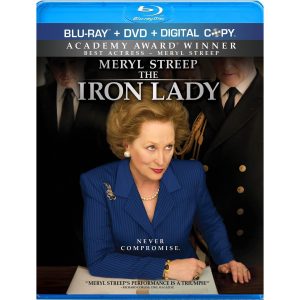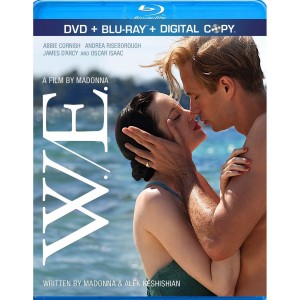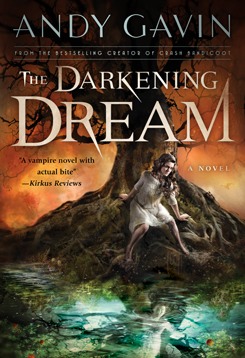The Iron Lady and W.E. have more in common than being 2011 films about 20th Century Britain. Both are well done historical biographies, and both have 21st Century “box stories” that attempt to frame the historical action. The frame story itself has been around for centuries (from 1001 Arabian Nights to The Name of the Wind) but traditionally it’s brief and occupies only a small percentage of the work. In these films, we have something different.
 The Iron Lady is technically a biopic about British Prime Minister Margaret Thatcher and includes one hell of a soul stealing performance by Meryl Streep. If you compare photos or videos of the real Thatcher to Ms. Streep playing the role, the resemblance is just eerie. And Thatcher is certainly a film-worthy figure: first female Prime Minster, in office for over a decade, fiercely opinionated, highly conservative, and pivotal in 20th Century British history. But the filmmakers didn’t feel this was enough. Perhaps they thought audiences couldn’t ground themselves in a life begun during remote WWII, and stretching across the 60s, 70s, 80s, and 90s, but needed something contemporary to hang their hats on. The film focuses on octogenarian Thatcher, a bit senile, mostly alone in her house, imagining her dead husband. Again, Streep brings her brilliant talents to the table, but I can’t help but think the film would have been 100x better having this be 6% of the story as opposed to 60%. After all, the really interesting thing about Thatcher is the iron part, the force of will that empowered a blonde grocer’s daughter from midcentury England to climb her way up old boy British politics until she became the most powerful woman in the world.
The Iron Lady is technically a biopic about British Prime Minister Margaret Thatcher and includes one hell of a soul stealing performance by Meryl Streep. If you compare photos or videos of the real Thatcher to Ms. Streep playing the role, the resemblance is just eerie. And Thatcher is certainly a film-worthy figure: first female Prime Minster, in office for over a decade, fiercely opinionated, highly conservative, and pivotal in 20th Century British history. But the filmmakers didn’t feel this was enough. Perhaps they thought audiences couldn’t ground themselves in a life begun during remote WWII, and stretching across the 60s, 70s, 80s, and 90s, but needed something contemporary to hang their hats on. The film focuses on octogenarian Thatcher, a bit senile, mostly alone in her house, imagining her dead husband. Again, Streep brings her brilliant talents to the table, but I can’t help but think the film would have been 100x better having this be 6% of the story as opposed to 60%. After all, the really interesting thing about Thatcher is the iron part, the force of will that empowered a blonde grocer’s daughter from midcentury England to climb her way up old boy British politics until she became the most powerful woman in the world.
I’m convinced some Hollywood hivemind voice of doubt whispered in the filmaker’s ears, “audiences don’t go in for a historical biopic,” it said, “you have to work in a contemporary angle.” The result is a lot of boring scenes with old lady Thatcher in bed and nary any real coverage of her complex career. The personality comes through, but not any of the history.
Films are short and you’d be hard pressed to slam a life as complex as Thatcher’s into two hours. One of the best biopics of all time, Ghandi, took over three, and while amazing, it’s certainly a major compression of the great man’s life and character. When you spend one and a half of those hours with the old lady in her house frock, forget it.
 Not so different is W.E., a film supposedly about another important British political turn, the abdication of King Edward VII to marry American divorce Wallis Simpson. The personalities involved are a little more banal, and certainly more self-serving, but there is enough to this story, playing out primarily in 1936, to overflow two hours. But these filmmakers also didn’t think it was enough. They construct a fictional and purportedly parallel story about a contemporary woman in a loveless marriage who is obsessed with the royal couple. Again it dominates perhaps two thirds of the screen time.
Not so different is W.E., a film supposedly about another important British political turn, the abdication of King Edward VII to marry American divorce Wallis Simpson. The personalities involved are a little more banal, and certainly more self-serving, but there is enough to this story, playing out primarily in 1936, to overflow two hours. But these filmmakers also didn’t think it was enough. They construct a fictional and purportedly parallel story about a contemporary woman in a loveless marriage who is obsessed with the royal couple. Again it dominates perhaps two thirds of the screen time.
Ultimately, the box story in this film is more successful than in The Iron Lady, perhaps only because attractive Abbie Cornish gets out of the house more than octogenarian Thatcher. Still, the parallels between the modern story and that of the prince and his lover are about as obvious as the onions on a BigMac.
Why does Hollywood handicap itself so? Why not just tell the story? I can’t help but think it’s one of those weird hivemind things, the kind that compels them to make two lombada movies or two Snow White films, or that makes publishers think my teen book is for 11 year-olds because it has a male protagonist and action.
Go figure.
[youtube http://www.youtube.com/watch?v=4NpXKkK_AiQ]


